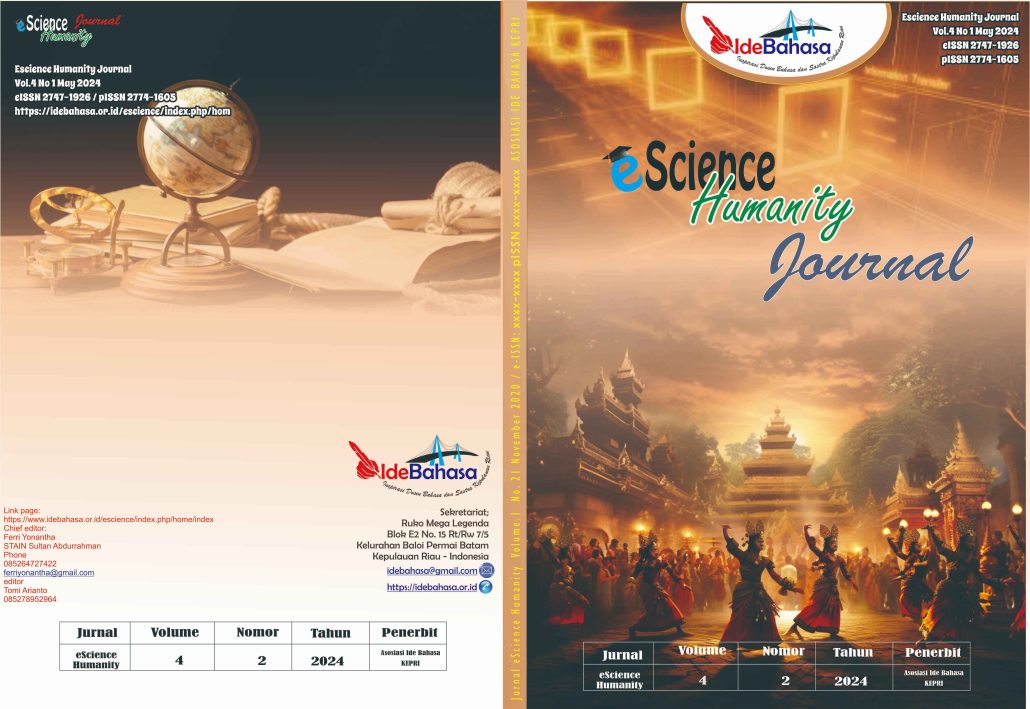Enhancing Academic Exploration: Student Mobility at Universitas Bangka Belitung (UBB)
The implementation of the student mobility program SUSTAIN is carried out through internship activities integrated with Merdeka Belajar Kampus Merdeka […]
Enhancing Academic Exploration: Student Mobility at Universitas Bangka Belitung (UBB) Read More »

